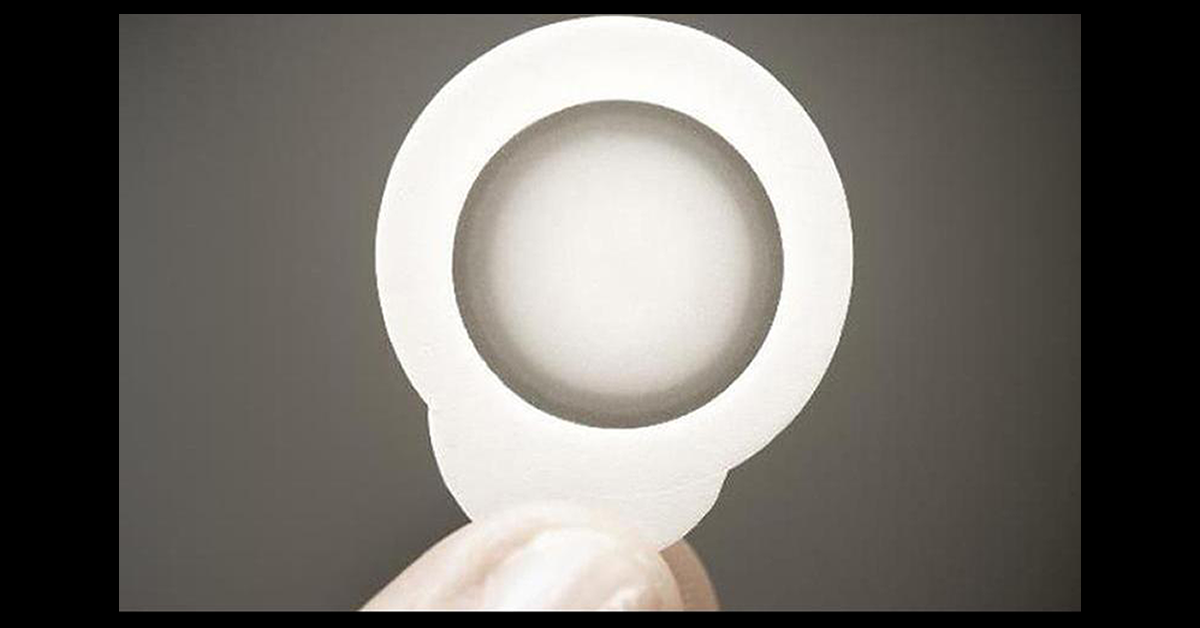DBV Technologies announced positive topline safety results from the Phase III trial of their Viaskin Peanut “patch” designed to assess the safety and tolerability of the therapy. The trial, named REALISE (REAL Life Use and Safety of EPIT, where EPIT is the abbreviation for epicutaneous immunotherapy) followed 393 patients aged four to 11 years of age through blinded treatment with either Viaskin Peanut 250mcg or placebo.
The REALISE trial met its primary objective, demonstrating that Viaskin Peanut was well-tolerated with no new or unexpected adverse events. Based on preliminary analysis, a similar safety profile was observed in all patients included in the trial, regardless of history of severe anaphylaxis.
The most commonly reported adverse events were local application site reactions, that were mostly mild and moderate in nature. No imbalance in serious adverse events (SAEs) was observed in the trial, with 3 cases in 3 subjects in the active arm (1.0%), and 2 cases in 2 subjects in the placebo arm (2.0%); 1 case in 1 subject in the active arm was qualified by the investigator as moderate anaphylaxis probably related to treatment. The patient responded to standard outpatient therapy.
In the six-month blinded period, the discontinuation rate was 2.5%, with a 1.0% dropout related to adverse events. Mean patient compliance was above 95%.
Dr Jacqueline Pongracic, Head, Allergy and Immunology, Ann & Robert H. Lurie Children’s Hospital of Chicago, Professor of Pediatrics and Medicine, Northwestern University Feinberg School of Medicine, and Principal Investigator of REALISE, said:
As more patients are treated with Viaskin Peanut in clinical trials, our understanding of this novel immunotherapy has deepened. In REALISE, we have observed that using the skin to activate the immune system of these patients resulted in a favorable safety and tolerability profile, likely contributing to the high compliance rate maintained throughout the blinded portion of the trial. The medical community has been eagerly anticipating a treatment that could be effective in real-life, and I am excited to have been part of this groundbreaking clinical program, which may bring us one step closer to meeting patients’ needs.
Dr Jim Baker, Chief Executive Officer and Chief Medical Officer, Food Allergy Research & Education (FARE) said:
For the millions of patients and their caregivers who cope with the tremendous burden of this disease daily, offering not only an effective medicine, but one that is safe is so essential. The data from the six-month period of this trial underscores the favorable safety profile of Viaskin Peanut, which has also been observed in previous clinical studies. We look forward to seeing the long-term results from the rest of this trial and understanding the benefit of this potential treatment for patients.
The results of the REALISE study follow those of the PEPITES Phase III clinical study designed to test the efficacy of the therapy. Though the therapy resulted in 35.3% of children age four to 11 achieving the predefined tolerance to peanuts in the year-long study, the results were lower than expected.
Results from this study, in addition to data from the PEPITES Phase III efficacy and safety trial, will form the basis for planned regulatory discussions in the United States, Europe and other countries for use of Viaskin Peanut in this patient population.
A third Phase III trial of Viaskin Peanut in children one to three years of age is ongoing.





